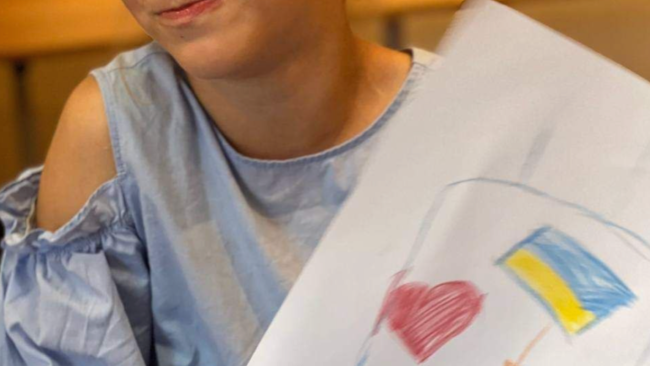15% of the global population lives with a disability – that is around 1 billion people. And this proportion is higher in developing countries, as there is a cyclical relationship between poverty and disability.
Estimates suggest that of these 1 billion people, 93 million are children – but this figure could be much higher as not all countries have reliable data.
The 2007 United Nations Convention on the Rights of Persons with Disabilities sets out what needs to be done to break down the barriers that prevent disabled people from realising all of their human rights – including their right to education.
Inclusive education is supposed to be a right, not a privilege – and we believe this includes access to high-quality Relationships and Sex Education (RSE).
Barnardo’s ‘Unprotected, Overprotected’ report identified significant reasons why young people with disabilities need better access to high-quality RSE.
One reason is that people with learning disabilities often report that they do not feel recognised as sexual beings, and that RSE and sexual health services often do not feel accessible to them.
Another reason is that the overprotection, disempowerment and social isolation of people with learning disabilities greatly contributes to an increased vulnerability to child sexual exploitation and abuse.
Your support is helping tackle this by empowering vulnerable people with disabilities to reach their potential. Our March newsletter shares a few of the ways that your gifts are making a difference.
Click the button to read the newsletter as a whole or select a story below.

In order to answer the need for high-quality RSE for children with SEND, we hope to expand our SEND school delivery in Cheshire schools in the next academic year. Read more.

The government addresses the fact that schools should meet the needs of all children but doesn’t tell schools how they should do this. In special schools and for some SEND pupils in mainstream schools there is a need to tailor content and RSE teaching to meet the specific needs of pupils at different developmental stages. Read more.

Because of the war, Ukrainian students without special educational needs are likely about a year and a half behind other Europeans in maths and science, and almost 2 ½ years behind in literacy. SEND children fair even worse. Read more.

The Ngwenya family from Bulawayo have 7 children. The 3 middle children – Anaishe, Mudiwa and Vimbo - have a congenital disability which means they are unable to walk. Mrs Ngwenya tells their story. Read more.

Your support is helping to right the wrongs of generations of apartheid and injustice. You are enabling the Beaded Anklet project to work in one of the poorest communities. Read more.

This National HIV Testing Week, we launched a new ‘Routes of HIV Transmission’ resource to help teachers and other educators challenge stigma and misconceptions about HIV. Read more.
PLEASE CAN YOU HELP FUND OUR SEND WORK?
In order to answer the need for high-quality RSE for children with SEND, we hope to expand our SEND school delivery in Cheshire schools in the next academic year. We need to raise £4,000 to help us do this, and are planning an appeal in May/June 2025 to raise funds. Read more.

